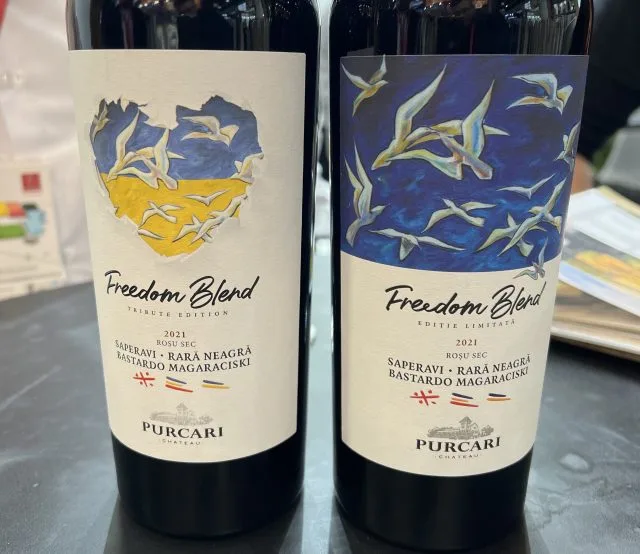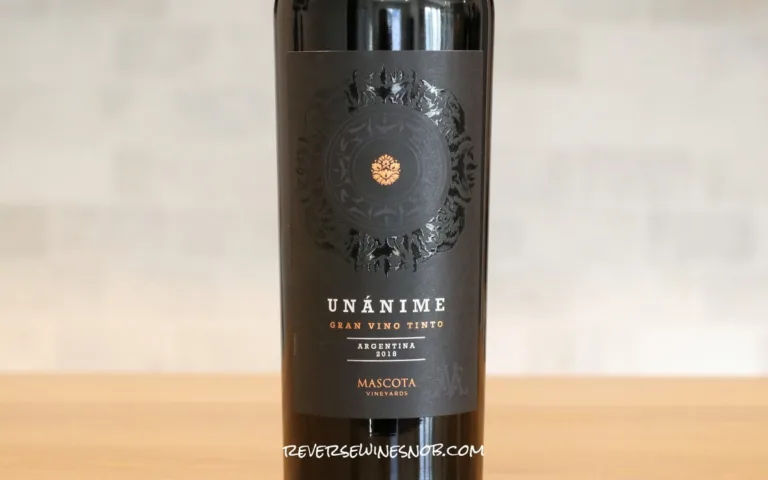Ah, the joys of localism. The provincial dialects. The regional quirks. The local produce. Like most of its Mediterranean neighbours, Greece is no stranger to those – a 200-year old country assembled over 120 years would be. So there is no shortage of Greeks who are convinced they were born not just in the best country, but in the best region in the world. Maybe it’s Thessaloniki and its “take it easy” lifestyle. The combination of mountain and sea in Volos. Mani and its ancient codes. Any of the 200 or so inhabited islands. And then there is Crete.
I was hanging out with many Cretans at university. It is difficult not to; they are some of the most jovial, loyal, and generous people you will find. Until the conversation comes to anything resembling a comparison, at which point there is only one answer: Crete. The best beaches are in Crete. The best mountains are in Crete. The best tomatoes are grown in Crete. The best cheese is from Crete. The best olive oil, of course, comes from Crete. Cretans make Sicilians look like Citizens of Nowhere.
It was with no little amusement then that, when conversation turned to wine, and as the group’s resident oenophile, I could go “no mate, it really isn’t”. Not that it dented anyone’s confidence of course; I was casually dismissed as not knowing what I am talking about. But, to any external observer at least, I spoke the truth. The Greek oenological revolution of






